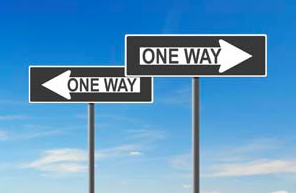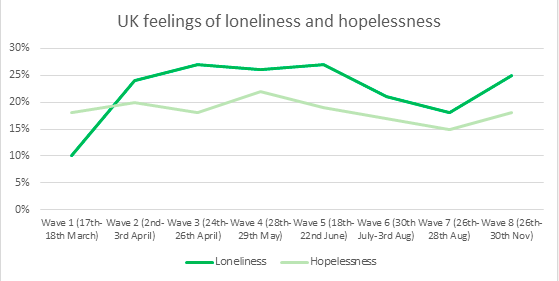
1. @facebook's deletion of the GBD site is both puzzling and troubling. Our last post was a statement in favor of prioritizing the elderly for vaccination against COVID-19 infection as a tool for focused protection of this vulnerable group, 

along with a link to a Wall Street Journal op-ed that Prof. Sunetra Gupta and I wrote in December, which fleshed out our argument for this policy.
wsj.com/articles/how-t…
wsj.com/articles/how-t…
This post generated a vigorous debate in the comment section among people who are against the COVID vaccine and people who agreed with us.
Vaccine prioritization is a complicated question, and in my view, vigorous debate can only help matters even if people express views with which I disagree.
The authors of the GBD are strongly in favor of voluntary vaccination using vaccines such as the approved COVID-19 vaccines that have been carefully evaluated by regulatory authorities.
Out of the blue, last week, @facebook sent us a notice that they were suspending our page because it did not conform to their “community standards.”
en-gb.facebook.com/communitystand…
en-gb.facebook.com/communitystand…
This is ironic because the community standards of a free country militate against exactly the kind of censorship that @facebook is enacting. It is a modern form of book burning.
Professor Jay Bhattacharya.
Professor Jay Bhattacharya.

• • •
Missing some Tweet in this thread? You can try to
force a refresh






